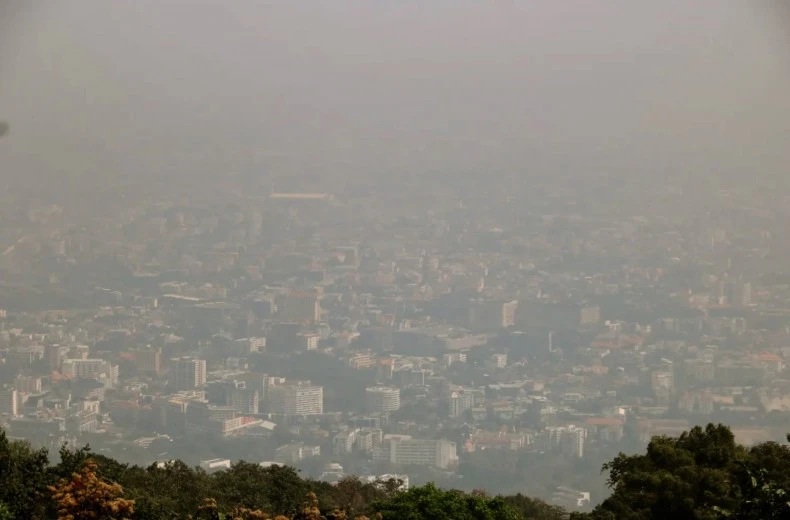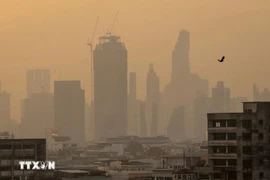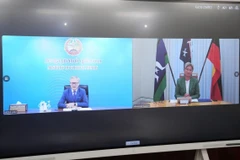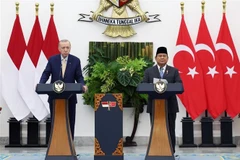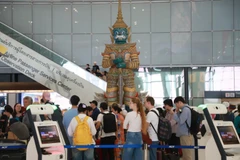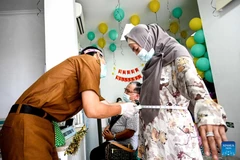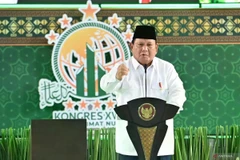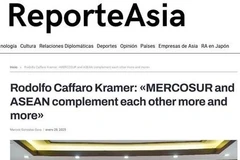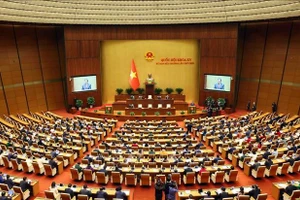Bangkok (VNA) – Thailand has signed an agreement with the entire membership of ASEAN to jointly tackle PM2.5, which is considered to be a transboundary haze.
According to the Industrial Estate Authority of Thailand (IEAT), the harmful levels of PM2.5, from domestic and overseas sources, can affect the image of Thailand as an investment destination in Southeast Asia.
Thai Industry Minister Akanat Promphan said the agreement is aimed at strengthening regional efforts to monitor and prevent the ultra-fine dust, which is produced by the burning of crop stubble and bushfires that can be blown across borders.
Under the cooperation, parties will exchange information on the PM2.5 situation and provide updates on technologies and measures to cope with the pollutants.
Earlier, on February 6-7, Akanat visited Singapore and discussed air pollution issues with Koh Poh Koon, Singaporean Senior Minister of State for Sustainability and the Environment.
Thailand is struggling to control PM2.5 generated by sugar cane plantations. Many farmers prefer to harvest the crops by burning the crop stubble. Though this method is less time consuming than cutting fresh sugar cane, it releases a huge amount of PM2.5.
PM2.5 in Thailand also comes from forest fires and internal combustion engine-powered cars. The latter is a major source of the particles in big cities./.
